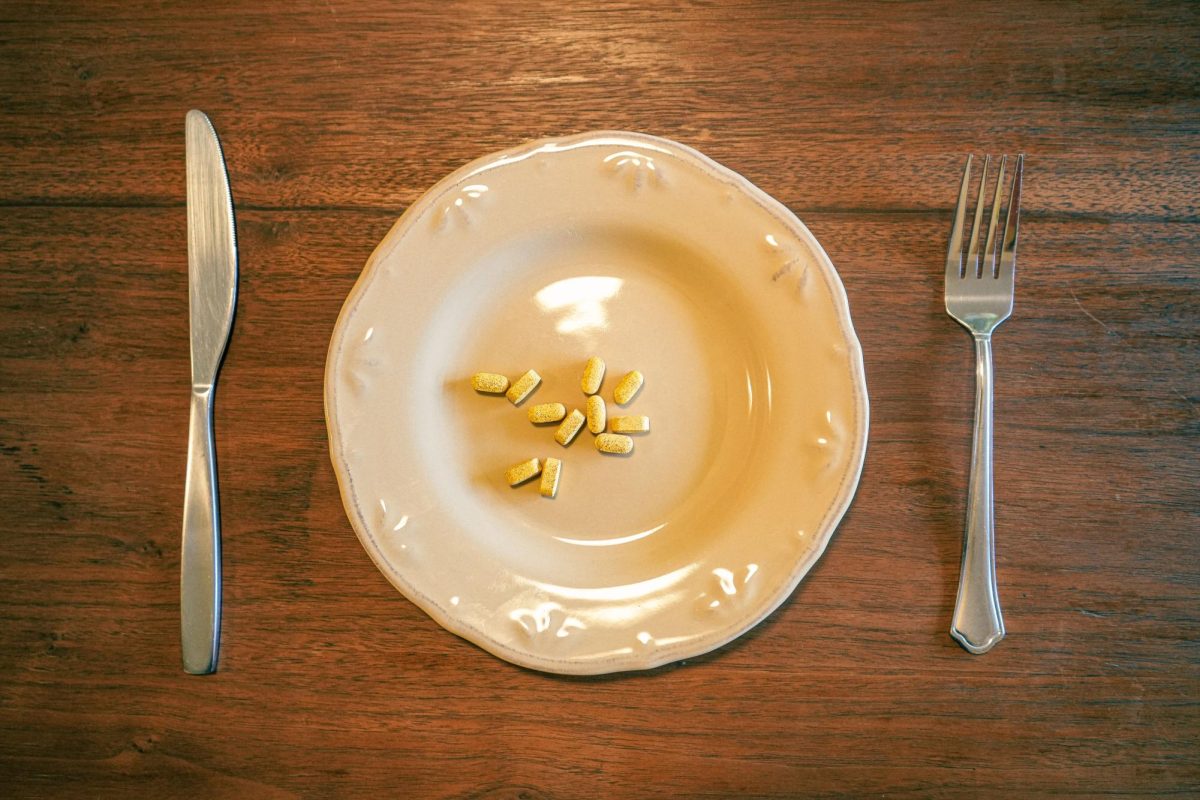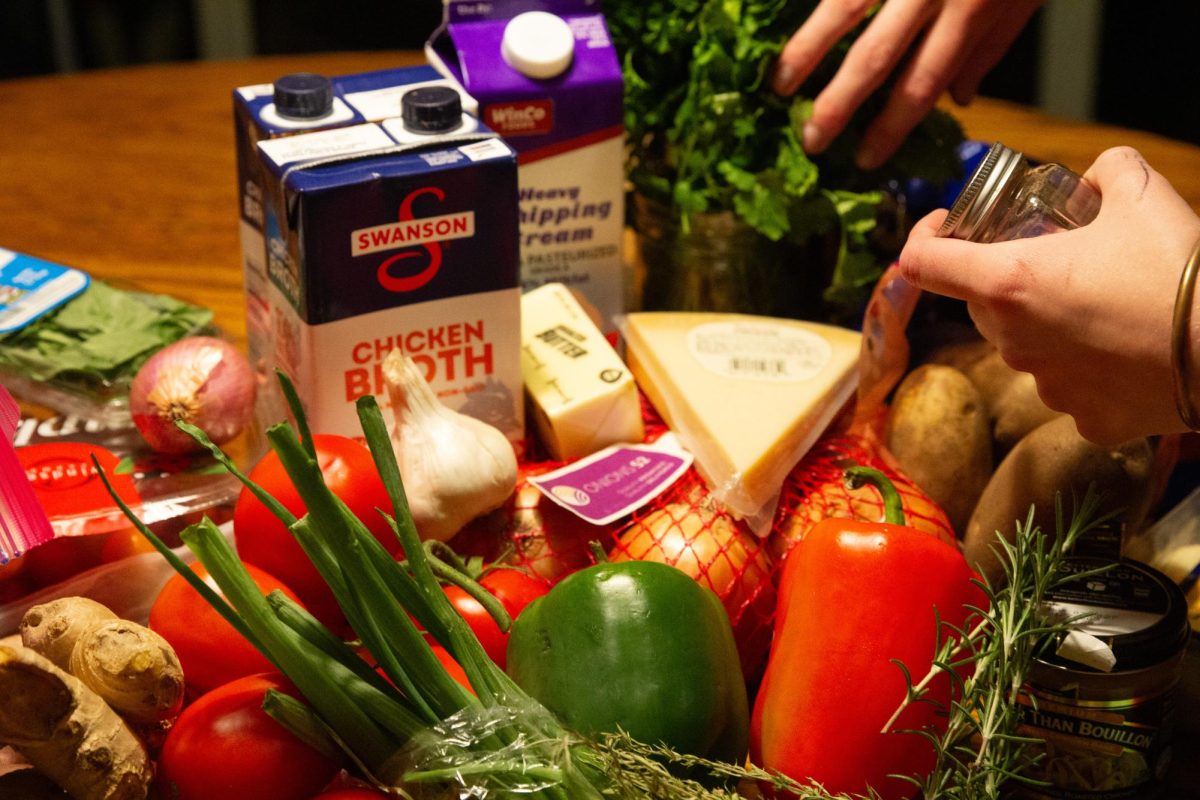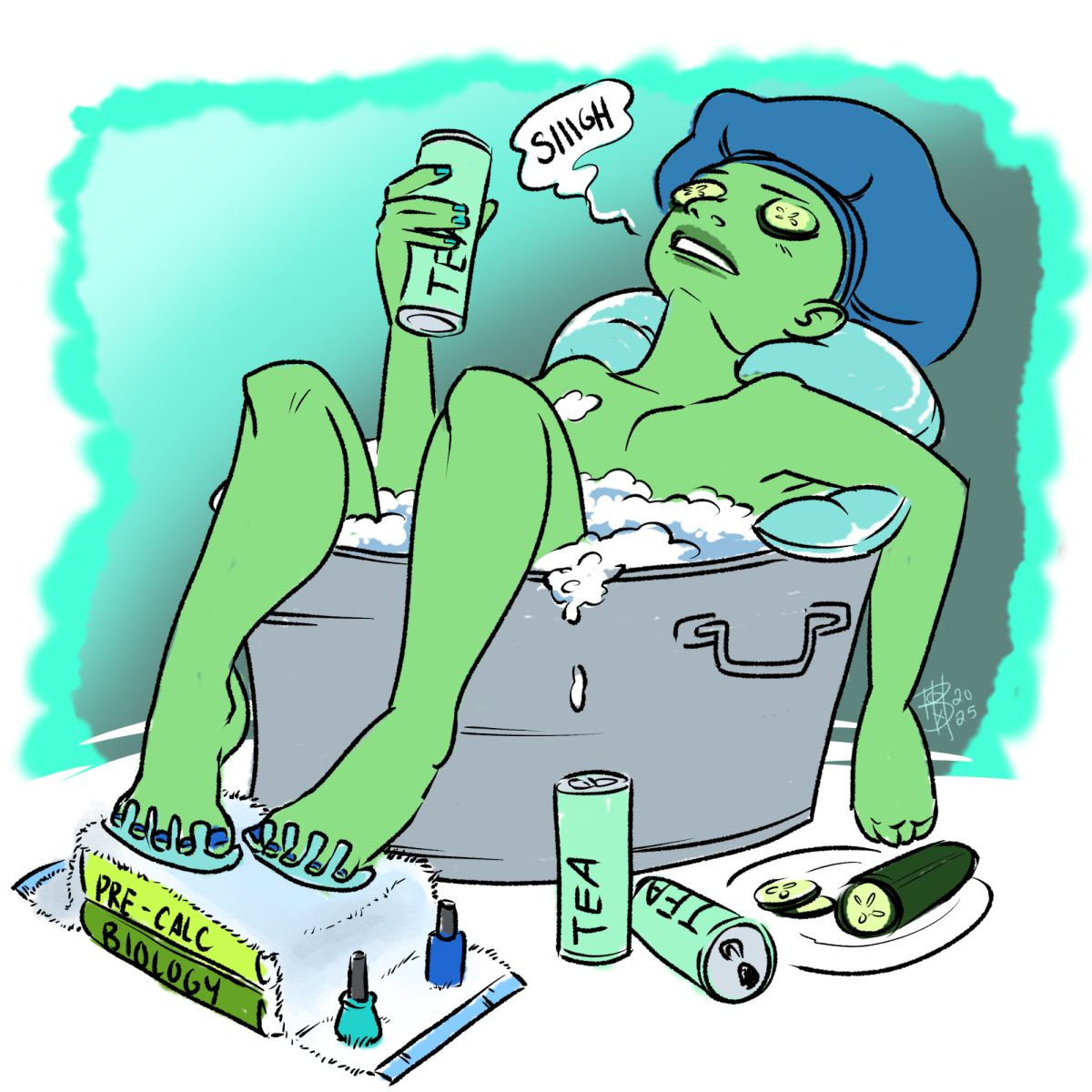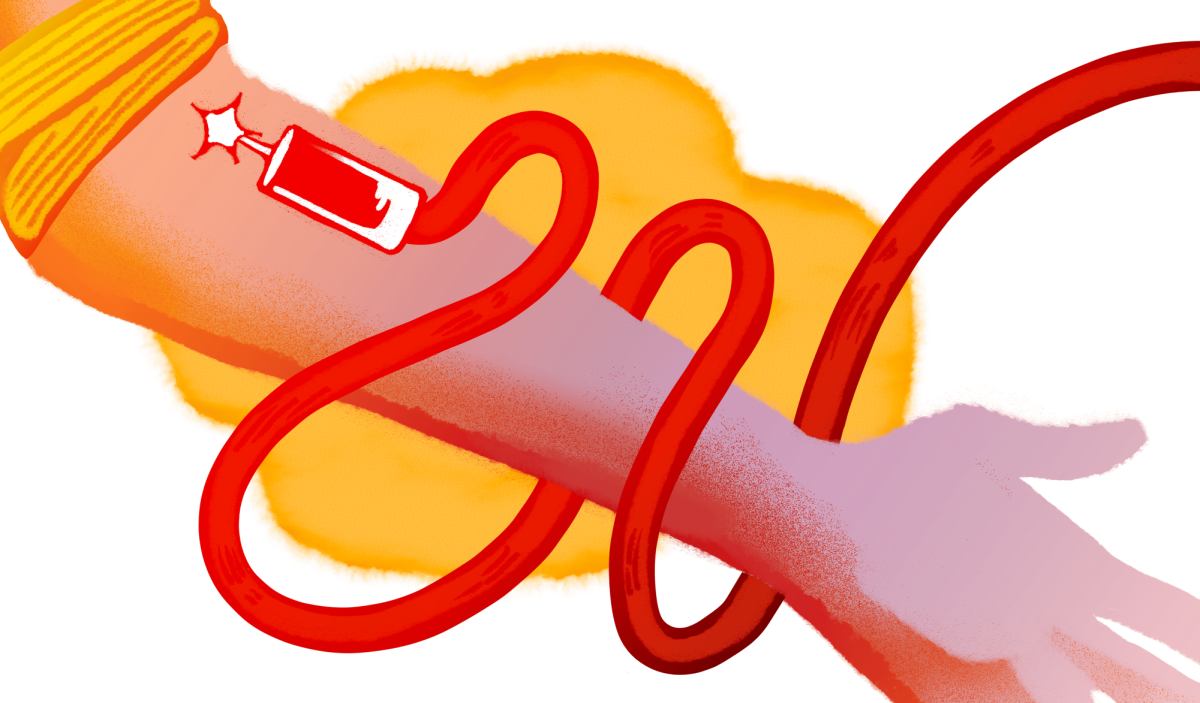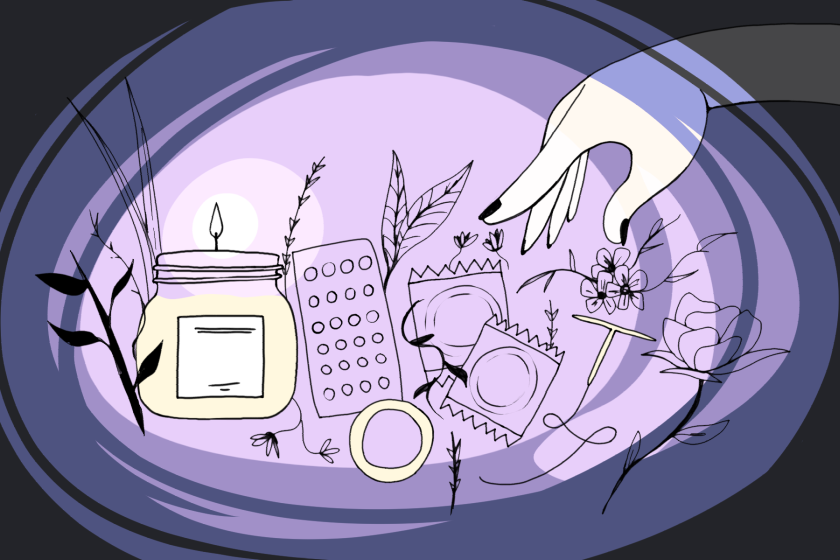In 2015, researchers in Egypt uncovered a Greco-Egyptian papyrus advising that “hangover sufferers should simply garland their neck with leaves from the Alexandrian laurel.”
Many more ancient and modern suggestions have provided us humans no shortage of hangover cures.
Modern students can take an aspirin, empty a packet of Liquid IV in their water bottles– the list goes on. There’s no shortage of “cures” for hangovers.
One in particular seems to be gaining more and more traction, though; taking vitamin B12 before consuming alcohol.
Fourth-year Graphic Design major Ellie Counts was at Oktoberfest with her family when a cousin asked if they had taken their B12 yet. Seeing the rest of the family’s confusion, the cousin explained it was “a miracle vitamin that is the magic hangover cure,” according to Counts.
“So the next time I was at the grocery store with my roommates, I went over to the pharmacy area and picked up a bottle of B12,” Counts said. “And wouldn’t you know, I think it works pretty well.”
According to the Linus Pauling Institute at Oregon State University, Vitamin B12 has the largest and most complex chemical structure of all the vitamins. According to their page dedicated to the vitamin, “(B12) is unique among vitamins in that it contains a metal ion, cobalt.”
Trying to pin down the roles of vitamin B12 in the body would be like trying to pin down a wave. As an essential nutrient, it is found in many metabolic processes– that is, the breaking down and changing of bodily molecules.
However, it seems as though no specific scientific research has been dedicated to its role in hangovers.
In fact, not much research has been done in the molecular realm of hangovers. It was only fifteen years ago, in 2010, that a scientific definition was even penned for the hangover.
While there is plenty of anecdotal evidence on sites like Reddit, The IV Doc, Reset IV, and Ascend Wellness, peer-reviewed scientific consensus on if certain supplements can lessen hangovers is still out.
A scientific review of 82 hangover products available on the market found that the most common ingredients were vitamin B, vitamin C, milk thistle extract (silymarin), dihydromyricetin (DHM), and N-acetyl L-cysteine (NAC), often in combination.
“A review of scientific literature revealed no peer-reviewed human data demonstrating either safety or efficacy of any of the 82 evaluated hangover products,” the scientific review said.
An article published in 2019 found that a diet rich in nicotinic acid and zinc could lessen the severity of hangovers in the sample population. Both of these molecules play a pivotal role in the oxidation of ethanol into acetaldehyde, the main biochemical reaction responsible for alcohol metabolism (and causing hangovers).
However, these studies are few and far between. The true “cure” for hangovers might be more simple than one might think, though.
“Nothing can prevent the alcohol withdrawal other than abstaining from alcohol use,” said Jessica Siegel, the Associate Dean for Academic and Student Affairs and Associate Professor in the Department of Biochemistry & Biophysics.
The effects of alcohol come when it’s absorbed into the bloodstream and certain enzymes break it down. According to Siegel, vitamins won’t prevent absorption of alcohol into the blood and its effects in the body, including the effects that occur during withdrawal.
That being said, a night of heavy drinking depletes the body of many of its essential nutrients. Taking a supplement like B12 may help to replenish these nutrients faster.

